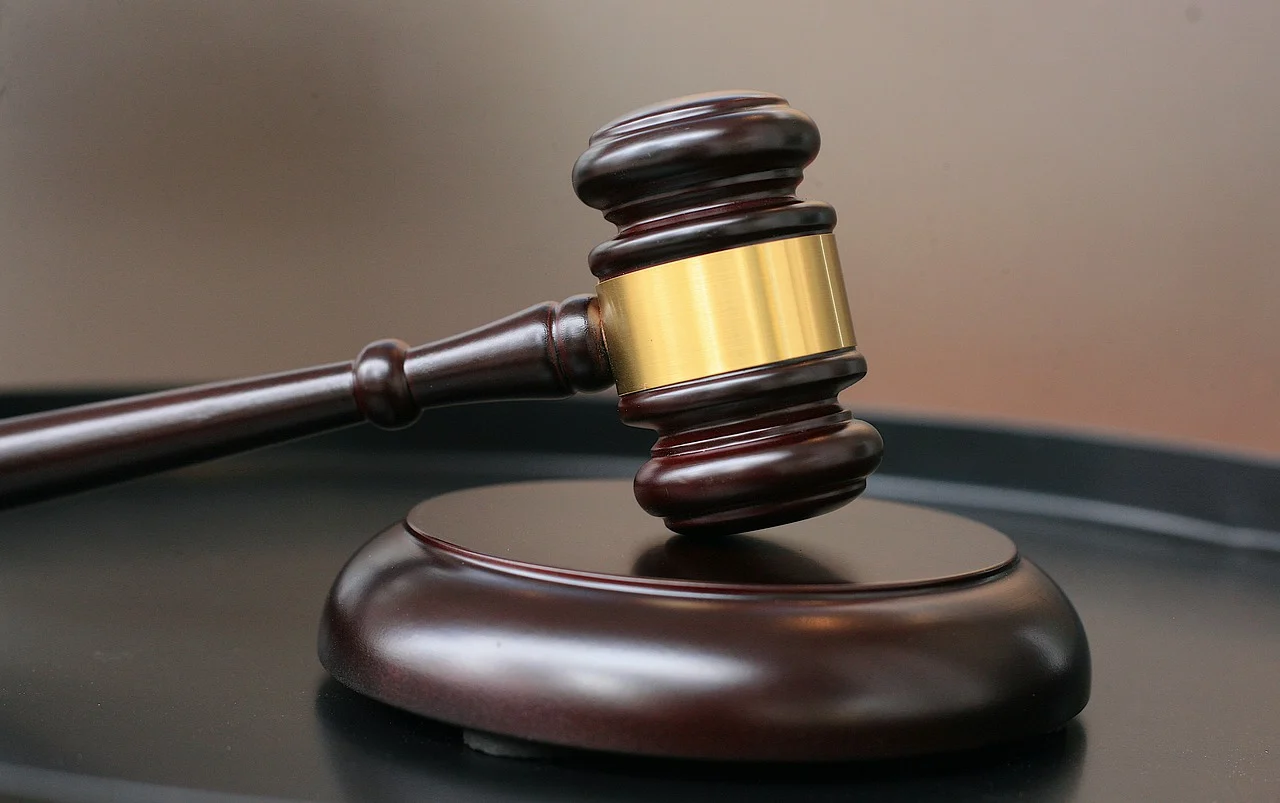In a decisive move to address the surge in hate crimes, particularly antisemitism, the Australian government has passed the Criminal Code Amendment (Hate Crimes) Bill 2024. The new law aims to curb extremist speech and violence, establishing stringent penalties for those found guilty of inciting hate, supporting violence, or threatening harm against groups, religious institutions, or individuals.
The bill introduces severe legal consequences for hate speech, mandating a minimum 12-month sentence for those convicted under the amended Criminal Code. For terrorism-related offenses, the law sets a minimum sentence of six years. The new legislation is designed to combat the rise of antisemitic attacks in Australia, which have recently been on the rise, leading to an atmosphere of fear within affected communities. Synagogues, Jewish centers, and individuals have been the targets of violent hate crimes, prompting the government’s swift response.
Attorney-General Mark Dreyfus highlighted that these measures are essential to protecting all Australians from hate-driven violence, emphasizing the government’s duty to foster a safer society. Dreyfus stated, “The Government has a clear responsibility to protect the safety of all Australians from hate, and these measures will provide a strong legal response to those who seek to incite violence and division in our society.”
This new legislation follows a pattern of increasing antisemitic incidents, which have garnered significant media attention. In response, the bill seeks to establish clear legal consequences for hate crimes, aiming to act as a deterrent against such acts and to reassure vulnerable communities that their safety will be prioritized.
While the law has received broad support, it has raised concerns about potential infringements on freedom of speech. Law Council of Australia president Juliana Warner warned that the bill could “risk serious injustice” if not applied properly, potentially limiting free speech rights. Australia’s Constitution does not explicitly guarantee freedom of expression, but the High Court has recognized an implied freedom of political communication. This creates a delicate balance between ensuring public safety and safeguarding fundamental rights.
MP John Wilson supported the bill, stating that it strengthens law enforcement’s capacity to protect communities from the evolving threats of extremism and hate-driven violence.
In light of these developments, the Australian government is sending a strong message that it will not tolerate hate speech or violence, especially when directed at vulnerable groups such as the Jewish community. As the law comes into effect, its long-term impact will be closely watched, with ongoing debates about its balance between protecting citizens and preserving free speech.



